Regional
MONUSCO support to DRC army coalition still a big concern
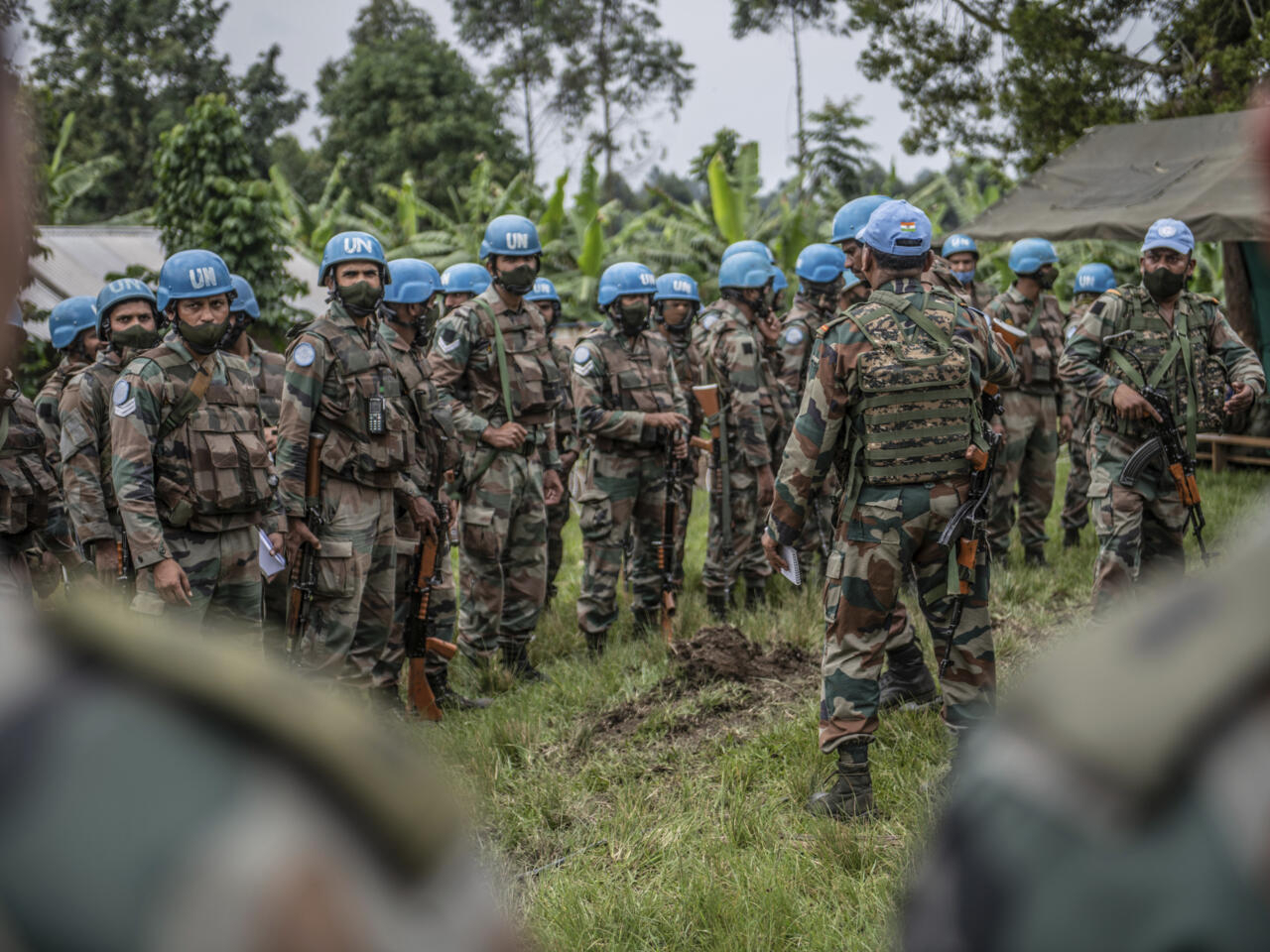
The UN peace keepers in eastern DRC.
The
security situation in the Democratic Republic of Congo (DRC) is worsening due
to the collaboration of the UN mission in the country and the Congolese army
(FARDC) at the front in the fight against the M23 rebels around the city of
Kanyabayonga in North Kivu.
Although
the UN agreed to withdraw MONUSCO last year, the mission’s troops have been
actively helping the Congolese army coalition since early January 2024, by
participating in large scale and indiscriminate massacres of Congolese Tutsi
communities.
Sources
from Kinshasa say that MONUSCO is leading and supporting offensive actions
against the M23 alongside the FARDC, SADC, FDLR genocidal militia, Wazalendo
militia, European mercenaries as well as the Burundian national defense forces
(FDNB).
Since
May 31, the blue helmets from the Intervention Brigade (FIB), have been
deployed in Beni territory with an aim to help FARDC to cope with the M23
advance.
MONUSCO's
support to the Congolese army includes, drone surveillance, which has helped
Kinshasa to conduct deadly drone and fighter jet attacks, leading to deaths of
innocent civilians.
In the
wake of the joint offensive by MONUSCO and Kinshasa, against the M23, fighting
has forced over 150,000 men, women, and children to flee. Many have sought
refuge in areas such as Miriki and Kirumba, with some reaching as far as Lubero
and Butembo.
MONUSCO
claims that one of its objectives is to protect civilians so that the rebels do
not shoot them as reported by Jean Tobi Okala, the head of the strategic communication
and public information department of MONUSCO.
Despite
this, they do not prevail on Kinshasa to stop incorporating armed terror groups
and militias like FDLR, and Wazalendo, into the national army because the
peacekeepers continue to collaborates with FARDC and its coalition of negative
armed groups, thereby escalating violence against the Kinyarwanda speaking
community.
Earlier
this year, on February 10, MONUSCO and the Congolese army coalition also
jointly engaged in the attack against M23 positions in Mweso and Katsiru, in
Masisi Territory, North Kivu, which caused the displacement of over 2,000
people.
The
attacks were prepared and logistically sponsored by the blue helmets, which
also provided the Congolese army with intelligence on the rebels.
For
more than two decades of operations in DRC, the UN mission has brought no
positive change. Armed groups multiplied from about five to over 260, as of
2024.
Peace
initiatives like the Luanda and Nairobi peace processes were violated by
MONUSCO and FARDC collaboration. The Luanda and Nairobi peace processes desired
a ceasefire by all armed groups, and political dialogue with armed groups.
However, all of them were undermined by Kinshasa, with support from MONUSCO.
The
blue helmets have constantly failed the Kinyarwanda speaking community by
fighting against M23 rebels who are fighting against an existential threat. The
so-called peacekeepers are now working with the Congolese government in its
agenda of ethnic cleansing. They intend to annihilate a community they are
supposed to be protecting.
As a departing force that has spent over two decades in the DRC, prioritizing peacekeeping efforts in their remaining time would have been the ideal course of action. However, they allowed malevolence to prevail, enabling the massacres of countless Congolese Tutsi civilians in the country.


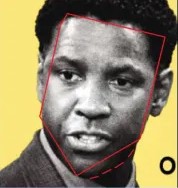
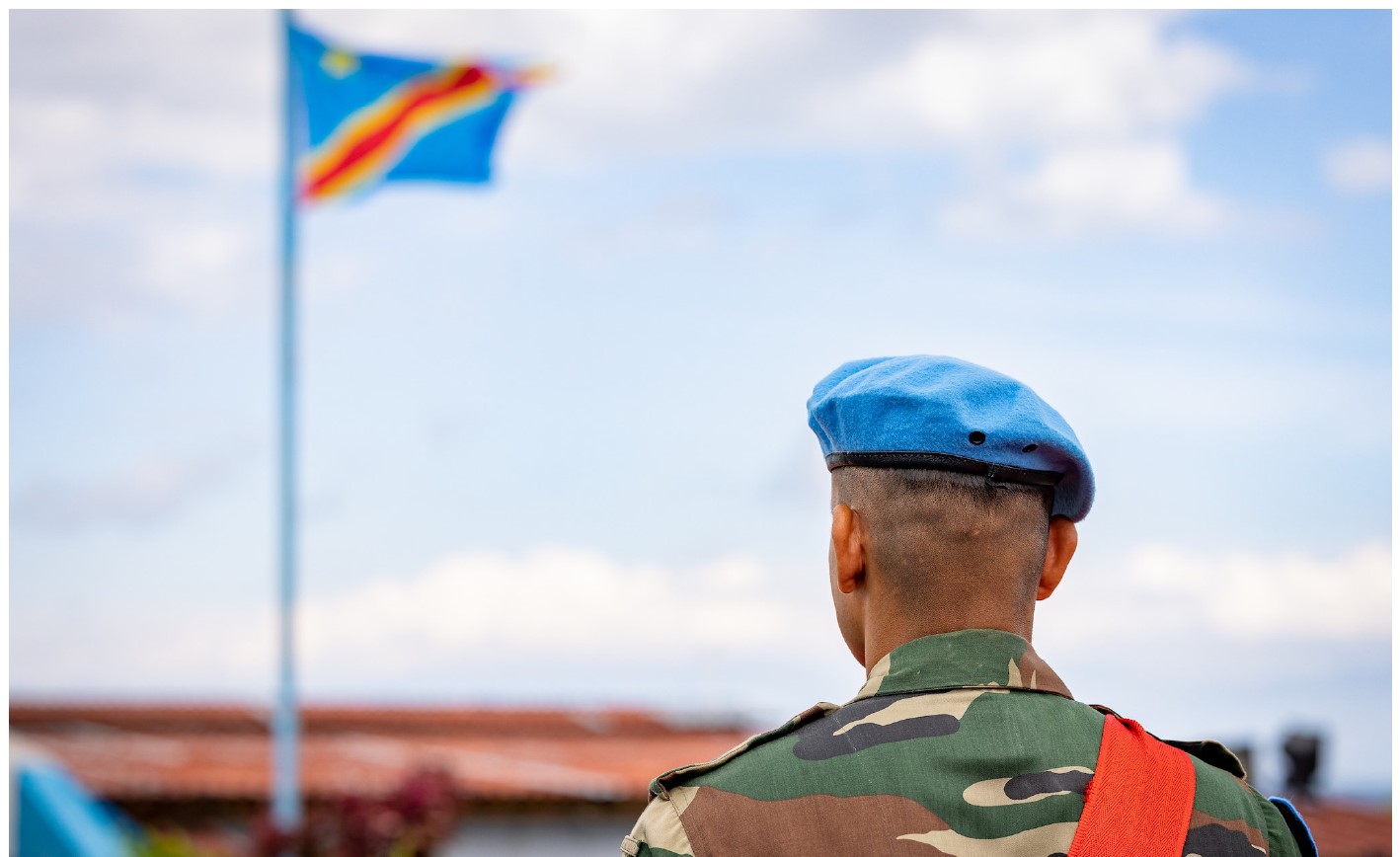
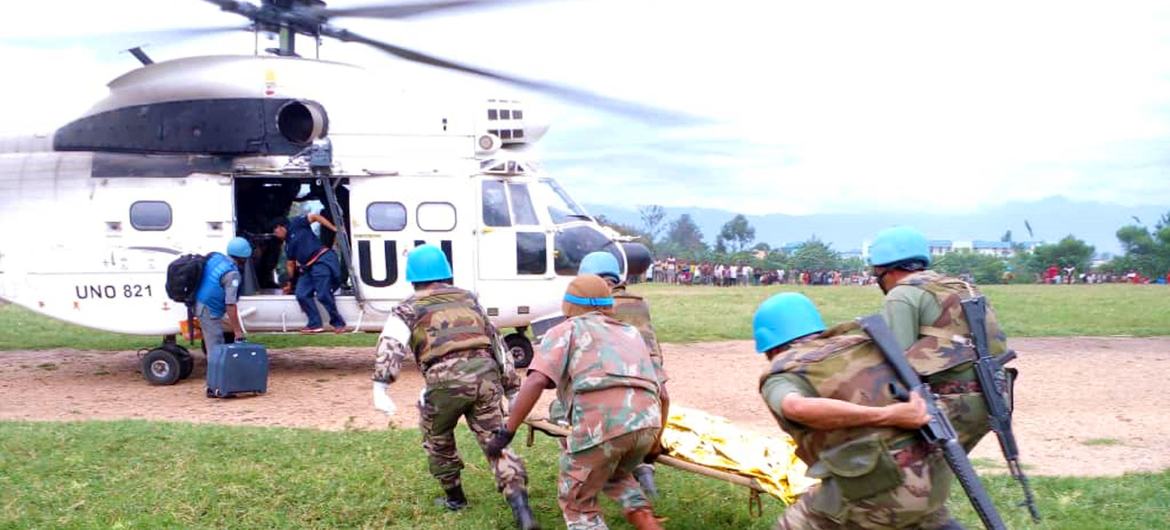
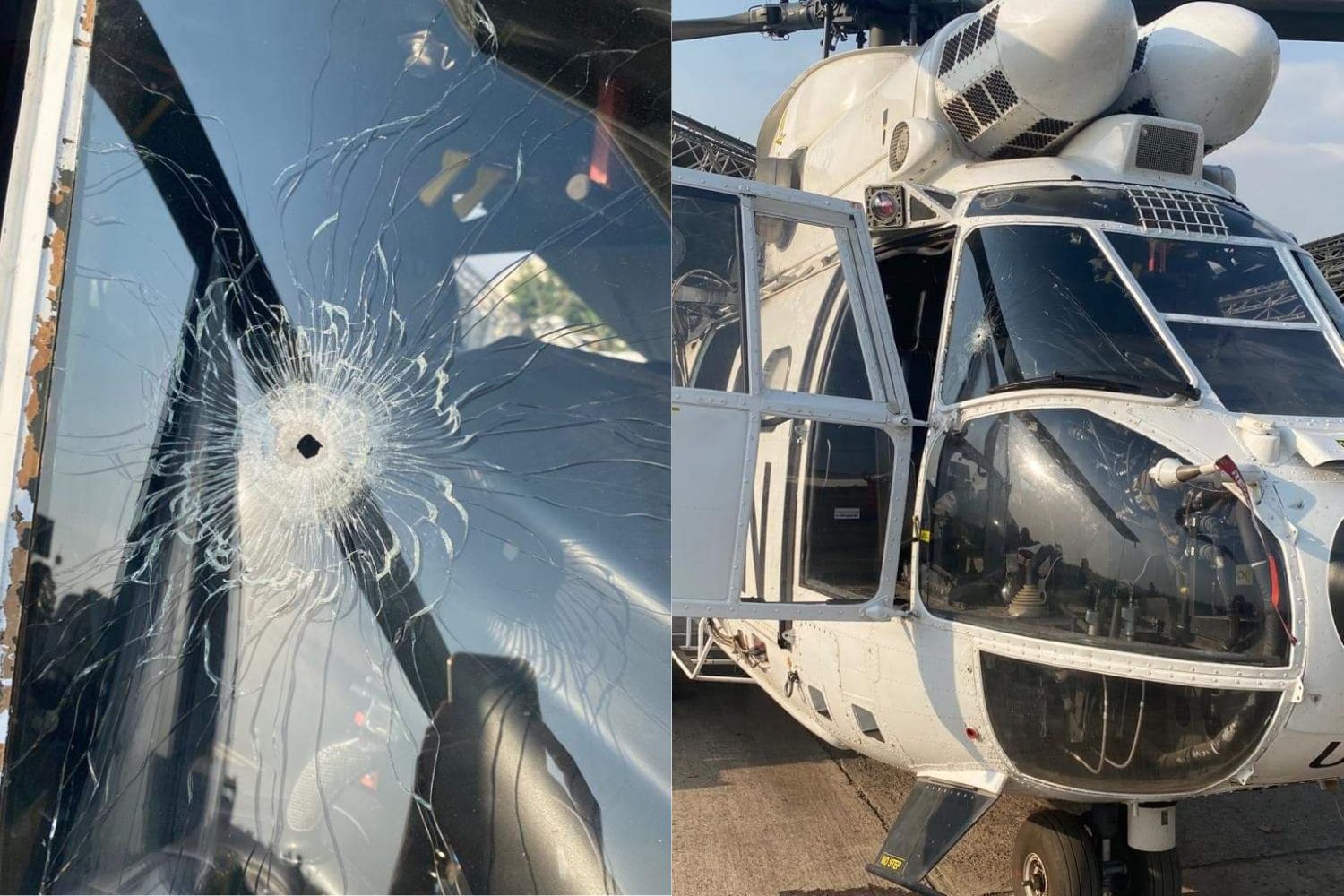
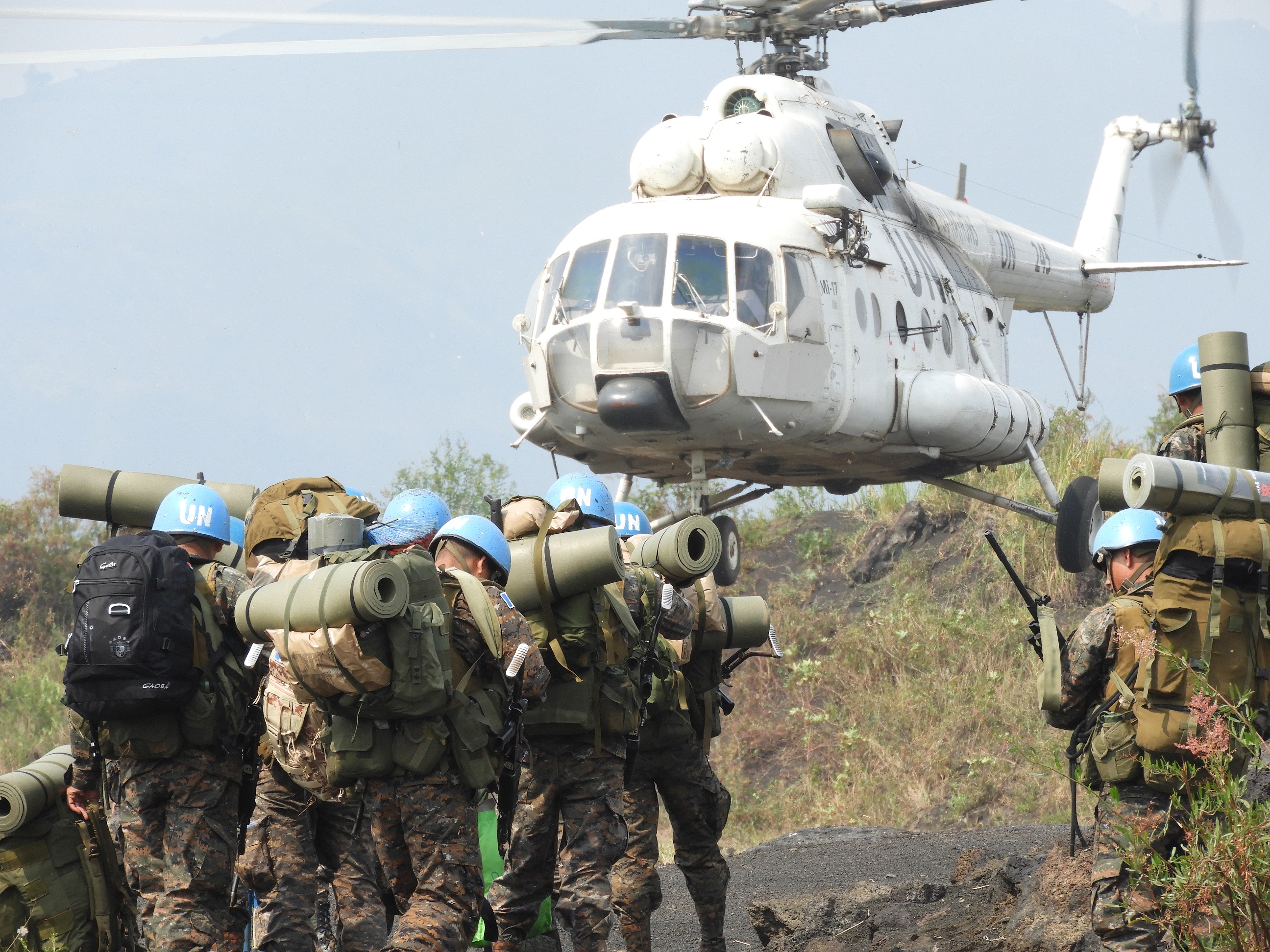
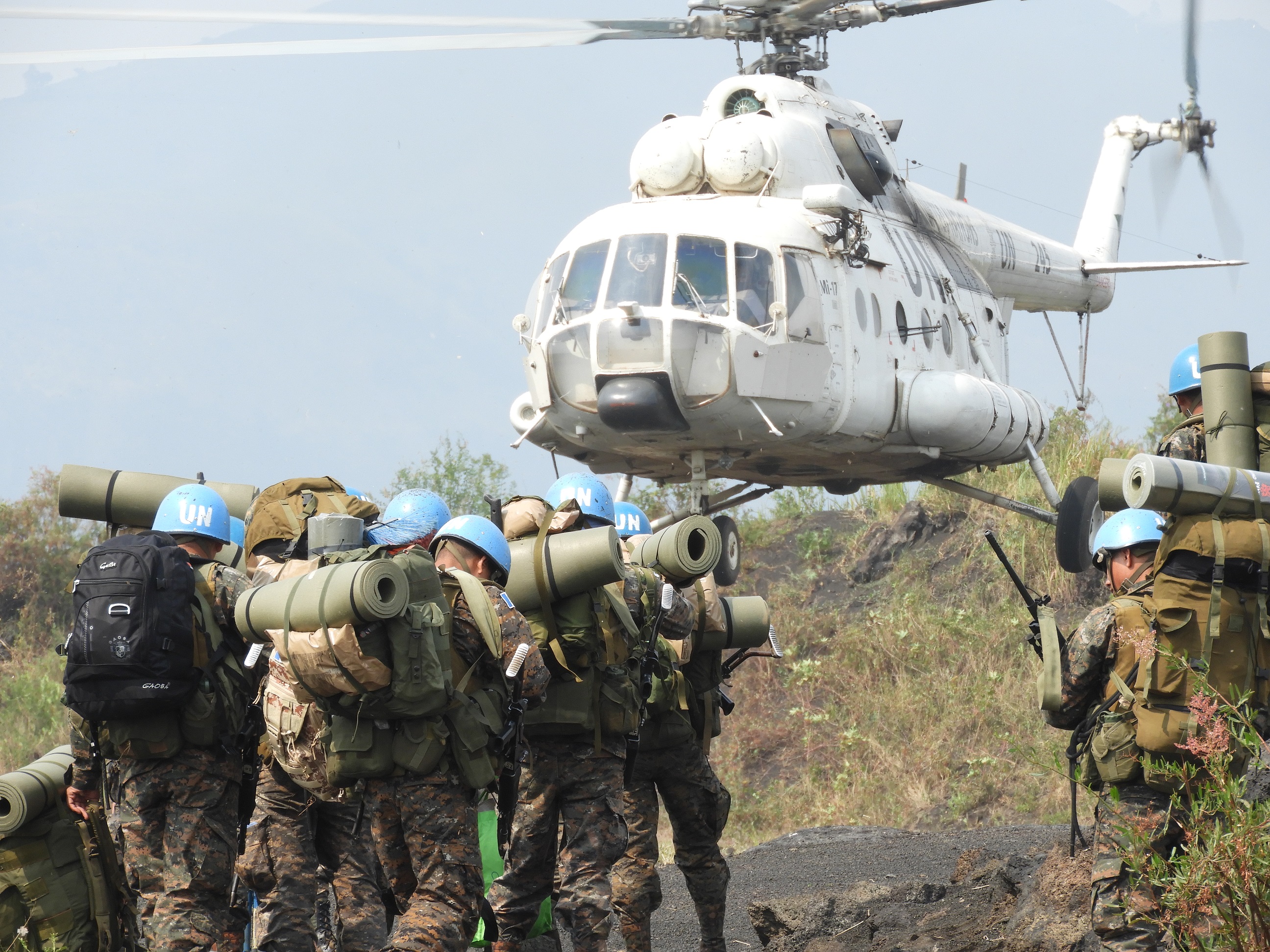
.jpg-20230823071016000000.jpg)